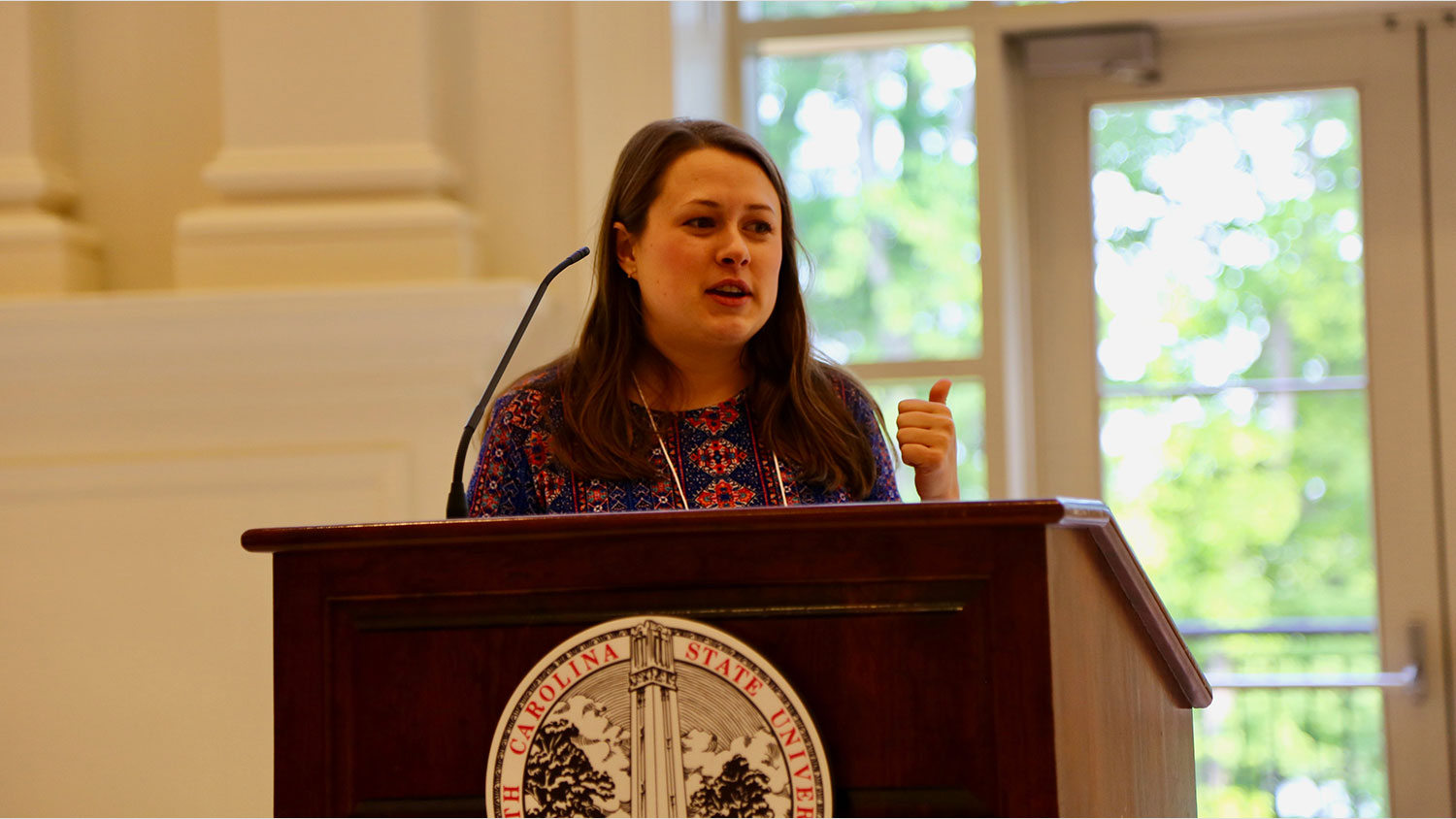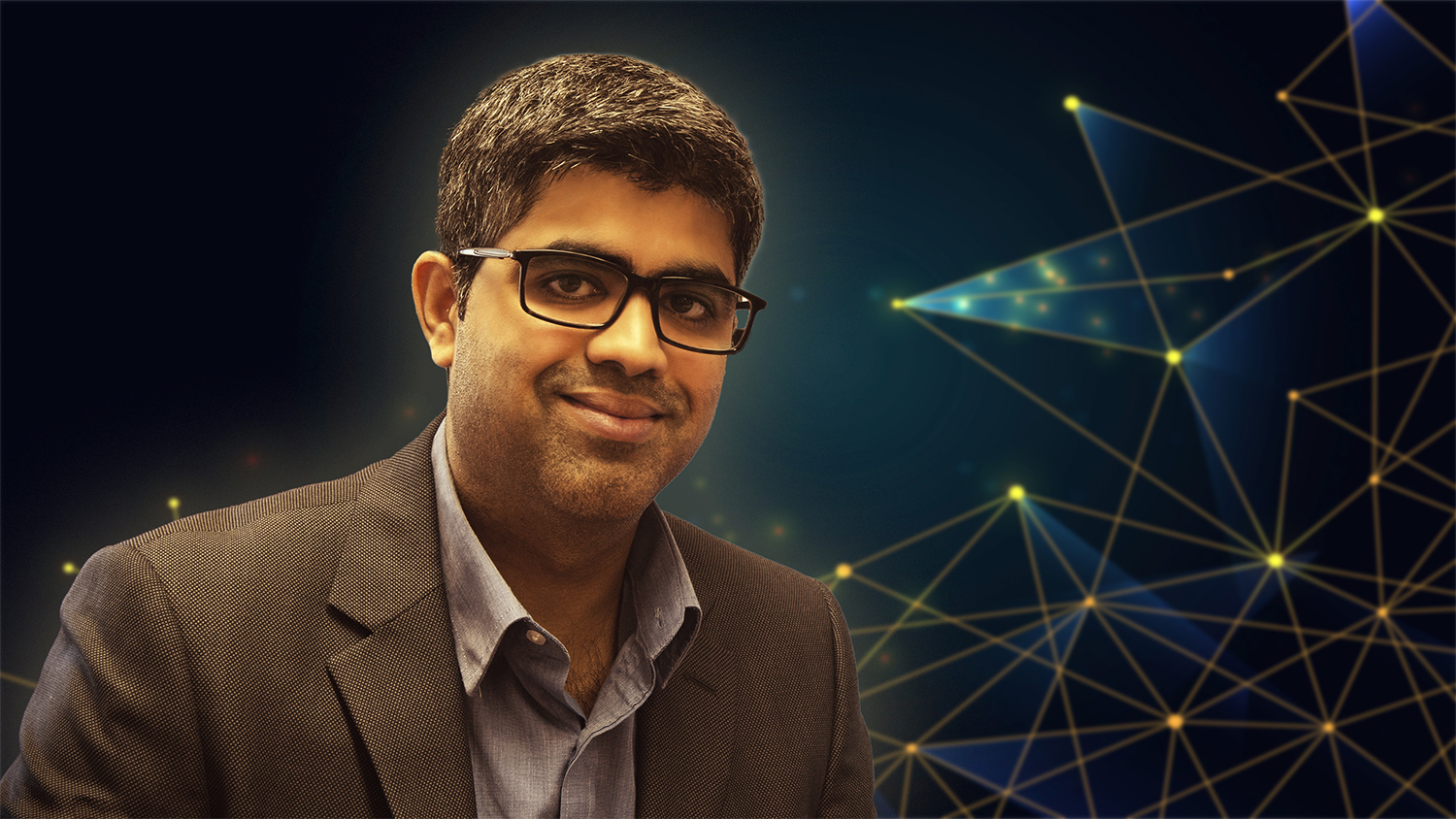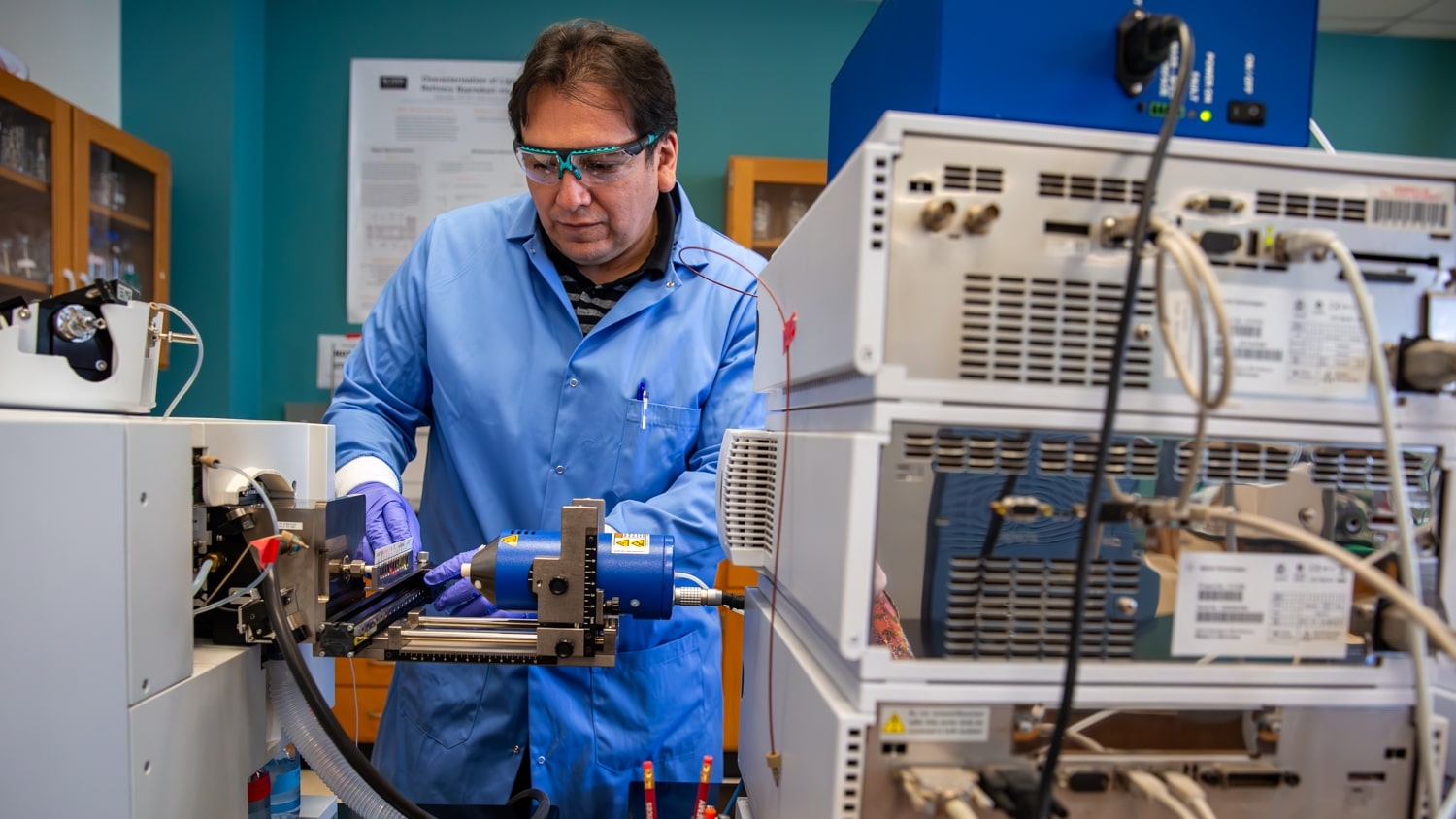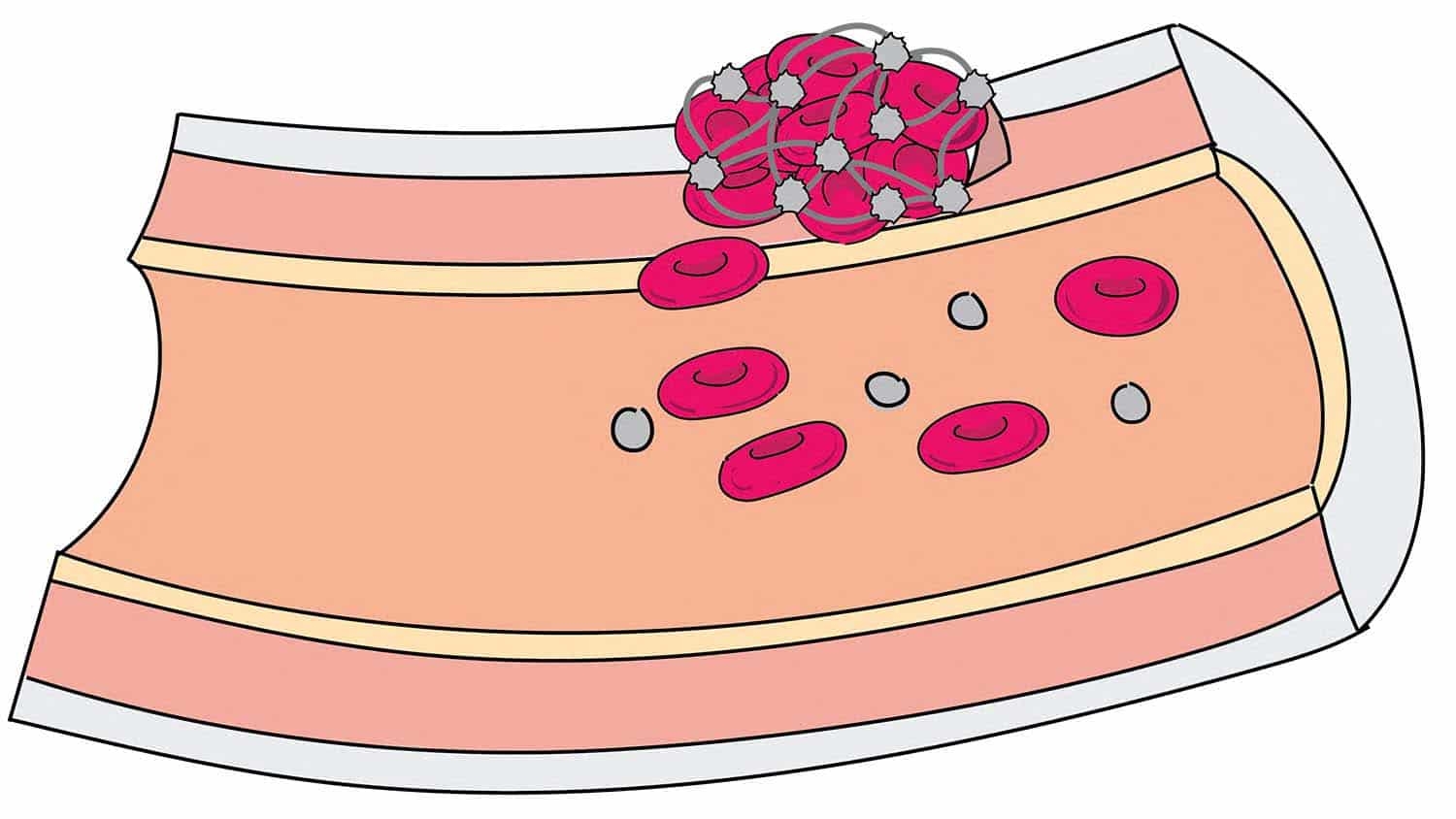NC State hosts Triangle Soft Matter Workshop

For a decade, researchers in the Research Triangle region working in the field of soft matter have gathered annually for the Triangle Soft Matter Workshop, a one-day event to present their research, exchange ideas, and build new collaborations.
The 10th anniversary of the TSM Workshop was held on May 14, 2018 at the Dorothy & Roy Park Alumni Center on NC State University’s Centennial Campus. Since its inception, the TSM has rotated each year among the campuses of NC State, Duke University, and the University of North Carolina-Chapel Hill. This year, the honor was bestowed to NC State to celebrate the 10th anniversary of the TSM Workshop, which is now recognized as a testimony to the role of the Triangle universities in the soft matter research in the U.S. and the world.
Four NC State faculty members from the Department of Chemical and Biomolecular Engineering (CBE), Dr. Jan Genzer, S. Frank and Doris Culberson Distinguished Professor; Dr. Michael Dickey, Alcoa Professor; and Drs. Lilian Hsiao and Stefano Menegatti, both assistant professors, organized the workshop, with the invaluable assistance of Amy Alexander and Maria Moreno, both staff members in CBE.
“Soft matter really matters because it’s all around us,” said Dr. Louis Martin-Vega, dean of the College of Engineering at NC State, in his opening remarks at the event.
“The broad field of soft matter involves research conducted by scientists, engineers, and mathematicians on a class of physical materials that are easily deformed by external stresses, including foams, colloids, liquid crystals and granular matter. Self-assembly, non-equilibrium, driven/active matter, frustration, topology and folding, all taking place mostly at ambient conditions, are just a few of the many diverse topics addressed by researchers in the field,” Hsiao said.
The daylong workshop included talks by faculty researchers, poster presentations and “sound bite” sessions in which students from Triangle universities were invited to present two-minute synopses of their research.
“The soundbites represent an outstanding opportunity to introduce one’s research ‘pitch’ and then give a poster in the follow-up session,” Dickey said. “They really constitute an exciting core section of the workshop.”
The workshop also included an Art in Science event, started by Menegatti in 2015 and designed to celebrate the artistic value of scientific imagery. Participants were invited to share research images they found beautiful or striking. These images were displayed prominently on easels at the event and attendees were asked to vote on which images they thought stood out the most. Menegatti pointed out: “The number and quality of scientific art works we received for the competition was nothing short of outstanding. Based on the feedback received from the participants, this new addition to the workshop was very welcome and refreshing.”
Afternoon lectures were delivered by Dr. Sheila Patek, associate professor in the Biology Department at Duke; Dr. Frank Leibfarth, assistant professor in the Department of Chemistry at UNC-Chapel Hill; and Dr. Joseph Tracy, associate professor in the Department of Materials Science and Engineering at NC State. Dr. Christopher Bowman, Distinguished Professor and James and Catherine Patten Chair of the Department of Chemical and Biological Engineering at the University of Colorado-Boulder, delivered a plenary lecture, and Dr. Susan Muller, program director for the National Science Foundation’s (NSF) Division of Chemical, Bioengineering, Environmental and Transport Systems, spoke on funding opportunities for soft matter research available from NSF.
The workshop was sponsored by NC State’s Office of Research, Innovation and Development, the College of Engineering, and the Research Triangle Materials Research Science and Engineering Center (MRSEC). MRSEC is an NSF-supported center that joins NC State, Duke, UNC-Chapel Hill and North Carolina Central University researchers with a focus on programmable assembly of soft matter. Corporate partnership for the workshop was provided by LORD, LigaTrap Technologies, TA Instruments, and Eastman.
Genzer reflects: “When we started our first TSM workshop back in 2009 we had no idea what traction will this workshop gain among our Triangle community. Ten years later, we are going strong and look forward to many new such gatherings ahead. This event has contributed to placing the soft matter research conducted in the Research Triangle on the ‘soft matter’ map both in the US and worldwide. The Dean is right when he says: ‘Soft matter really matters.’ It surely has mattered to and has had an impact on the community of academics, people from industry, as well as the public.”
- Categories:


